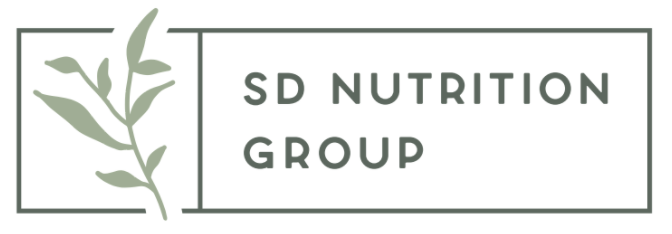Nutritional Supplements: The Pros and Cons
Vitamins, minerals, greens powder, superfoods…it seems like nutritional supplements are everywhere these days. As the popularity of these supplements continues to rise, it's important to understand the potential benefits and limitations. Let’s take a look at some of the pros and cons.
The Pros:
Filling Nutrient Gaps: Supplements can help bridge the gap by providing concentrated amounts of specific vitamins, minerals, or other beneficial substances we may be missing out on.
Convenience and Accessibility: Nutritional supplements are readily available in various forms, including capsules, tablets, powders, and liquids. They offer a convenient way to support your health and well-being, especially for those with dietary restrictions or limited access to certain foods.
Targeted Health Support: Some supplements are formulated to address specific health concerns. For instance, omega-3 fatty acid supplements can support heart health, while vitamin D supplements can aid in bone strength. These targeted supplements can be beneficial for individuals with specific dietary needs or health conditions.
Improved Nutrient Absorption: Certain supplements can enhance nutrient absorption in the body. For example, taking vitamin C alongside iron supplements can help the body absorb iron more efficiently.
The Cons:
Lack of Regulation: The supplement industry is not as strictly regulated as pharmaceuticals. This lack of oversight means that the quality, safety, and efficacy of supplements can vary. It's essential to choose reputable brands and consult healthcare professionals before incorporating new supplements into your routine.
Possible Side Effects and Interactions: Just like any medication, nutritional supplements can have side effects, especially when taken in excessive amounts or in combination with other supplements or medications. Some supplements may also interact with prescription drugs. Again, it’s important to let your doctor or healthcare provider know if you begin taking any nutrition supplements.
No Substitute for Food: While supplements can provide additional nutrients, they should never replace a balanced eating pattern. Getting our nutrients from foods first allows us to consume a variety of nutrients, fiber, and other beneficial compounds that supplements may lack.
Financial Cost: Depending on the type and quality of supplements, these can often be costly.
As with any aspect of our health, informed decision-making is key. Nutritional supplements can be a valuable addition, but it's essential to consider the pros and cons before incorporating them into your routine. Remember, consulting with a healthcare professional or a registered dietitian is recommended to ensure the supplements align with your specific needs. It’s also good to consider your intention for adding in supplements. And there is no replacement for food!
